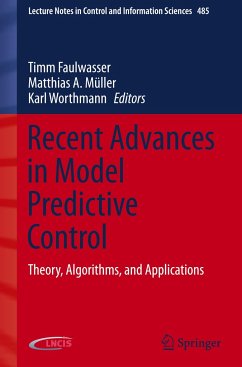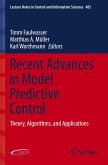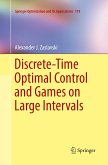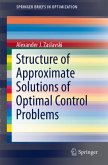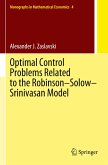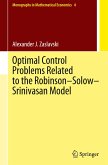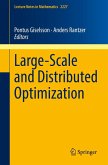This book focuses on distributed and economic Model Predictive Control (MPC) with applications in different fields. MPC is one of the most successful advanced control methodologies due to the simplicity of the basic idea (measure the current state, predict and optimize the future behavior of the plant to determine an input signal, and repeat this procedure ad infinitum) and its capability to deal with constrained nonlinear multi-input multi-output systems. While the basic idea is simple, the rigorous analysis of the MPC closed loop can be quite involved. Here, distributed means that either the computation is distributed to meet real-time requirements for (very) large-scale systems or that distributed agents act autonomously while being coupled via the constraints and/or the control objective. In the latter case, communication is necessary to maintain feasibility or to recover system-wide optimal performance. The term economic refers to general control tasks and, thus, goes beyond the typically predominant control objective of set-point stabilization. Here, recently developed concepts like (strict) dissipativity of optimal control problems or turnpike properties play a crucial role.
The book collects research and survey articles on recent ideas and it provides perspectives on current trends in nonlinear model predictive control. Indeed, the book is the outcome of a series of six workshops funded by the German Research Foundation (DFG) involving early-stage career scientists from different countries and from leading European industry stakeholders.
The book collects research and survey articles on recent ideas and it provides perspectives on current trends in nonlinear model predictive control. Indeed, the book is the outcome of a series of six workshops funded by the German Research Foundation (DFG) involving early-stage career scientists from different countries and from leading European industry stakeholders.

